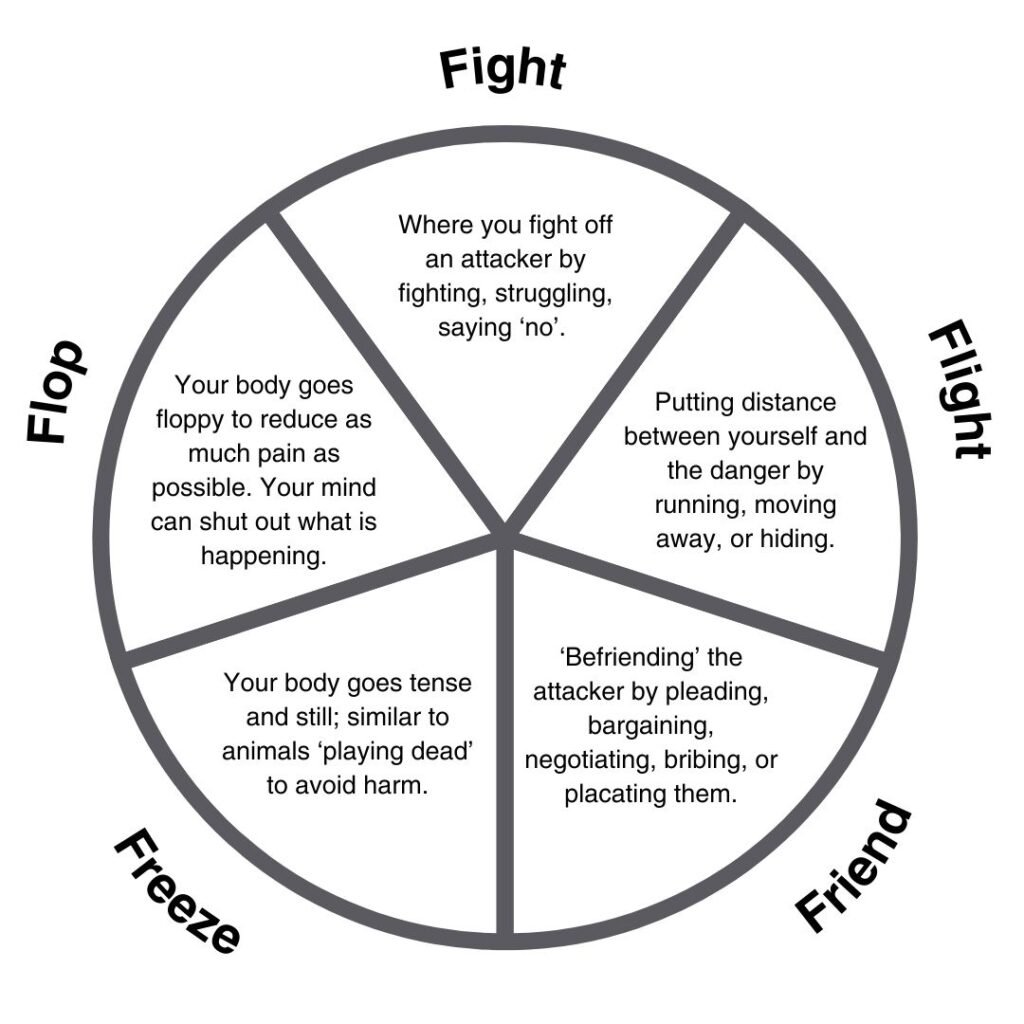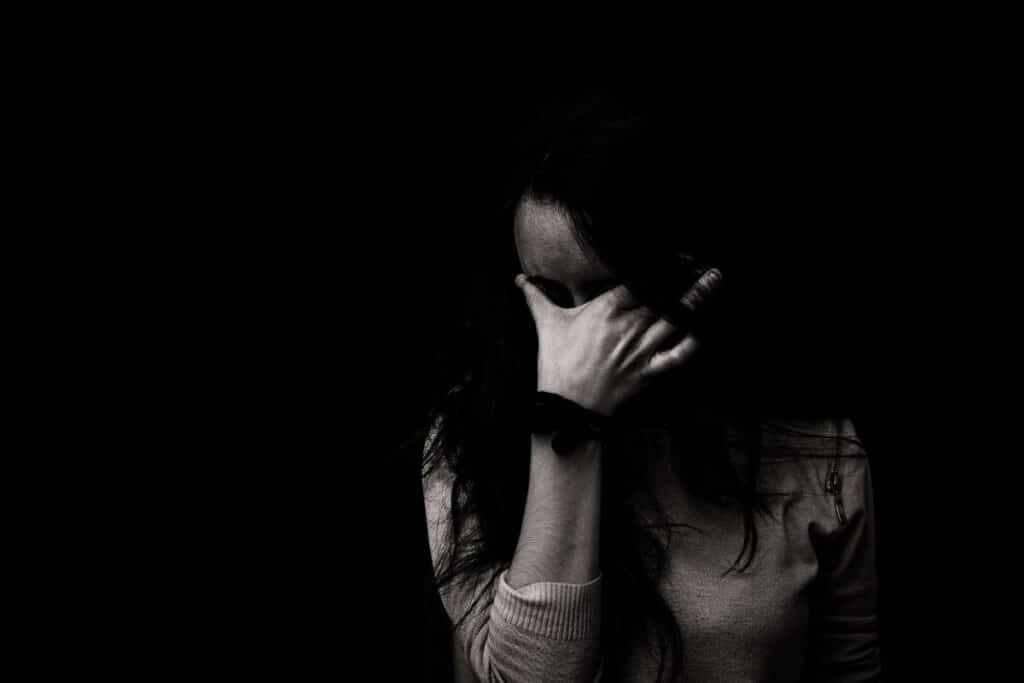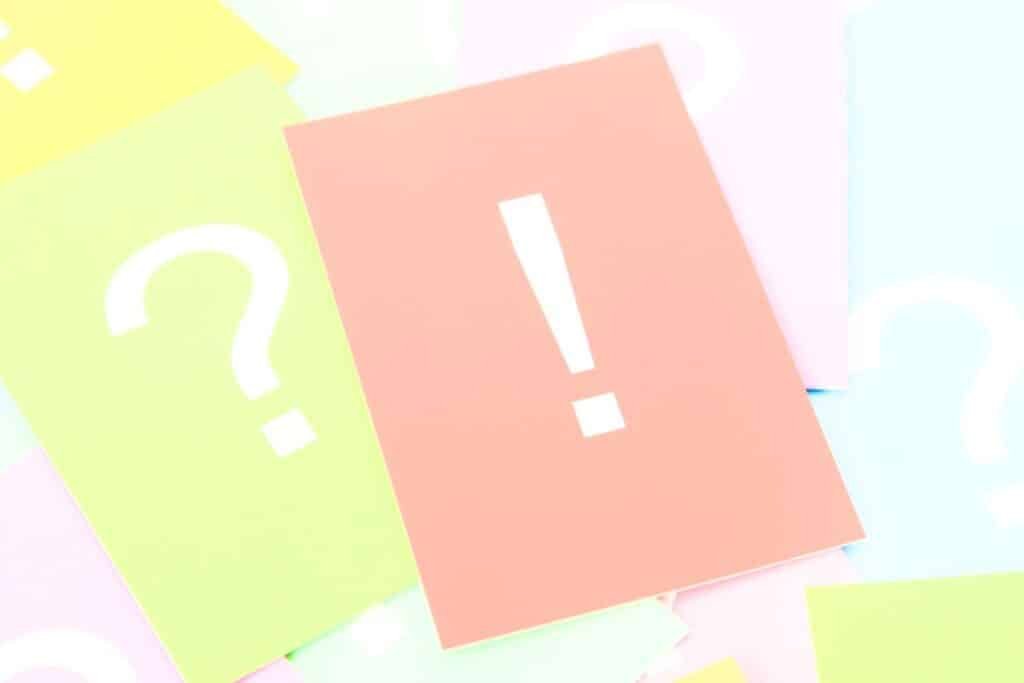Most of us have heard of the response states of fight and flight. This is the notion that when put in stressful or dangerous situations, our body will adopt one of two states. We will either fight the attack or run away from it (flight).
Whilst these two states certainly do exist, they are just two of the complex states that our bodies can adopt when faced with danger.
To say that we only have these two states hugely oversimplifies our natural responses to danger.
And to use only two phases of stress response feeds into victim-blaming culture.
In 2018 or 2019, my colleague of the time and I were invited to a talk about the launch of the new Sexual Offences (Jersey) Law 2018. It was hugely insightful and very well-run event, with the main speaker being the head of the local Sexual Assault Referral Centre (SARC).
In the talk, she discussed not only fight or flight but the state of flop that our bodies can adopt when we’re in danger.
I remember listening to her and feeling triggered (for want of a better word). For some reason, this conversation was pulling me right back to that night, even though at this point, I’d tried for years to push it so far to the back of my mind I hoped that one day it’d fall straight out of the back of my head.
But within this description of flopping, there was something that I was resonating with.
It was this idea that someone didn’t fight or run away. But they stayed where they were, and their body relaxed.
She said that many defences in legal cases used this state against the victim of a sexual offence, with defences often stating that if it were really assault or really ‘that bad,’ then the victim would fight or run.
She then turned to the audience and asked why victims of sexual violence might flop rather than fight or flight.
I hate drawing attention to myself in these things, but before I could process what I was doing, my hand shot up and I answered, ‘It’s for self-preservation. If you flop, you’ll essentially be harmed as little as possible because your body isn’t tensed up.’
She agreed.
I’d hit the nail on the head.
Flopping is a survival response that is often seen in victims of sexual violence. The victim doesn’t make a conscious decision to flop, it’s your body’s way of overriding your conscious thinking to protect you.
Why We Flop When Faced with Danger
When you flop, yes, it doesn’t stop the assault, but by not being able to fight or run away, you’re protecting yourself with your muscles loosening as much as possible.
In theory, your body will then sustain the least injury possible because the flop state means that your body is not fighting back.
You’ll still have emotional and potentially physical scars, but flopping is just another way of your body protecting you.
In this state of flop, your body is trying to reduce pain from occurring and your mind can often shut down to also protect you.
This explains why memories of sexual offences can be patchy or hazy if your body goes into a state of flop. Your mind is shutting out what’s happening to protect you.
This is what happened to me. I knew I didn’t have the energy to run out of that hotel bathroom. I’d also tried to move away from him multiple times in the evening to no avail, so clearly, flight wasn’t going to work. He was much bigger in terms of height and weight than me, so I knew that fighting also wasn’t an option. I was tired and drunk, which also wouldn’t have helped me. Instead, my body told me that to self-preserve, the best thing I could do was to flop. Then, anything that did happen to me would have as little damage as possible because my body wasn’t tense.
It didn’t mean that I was accepting anything that happened, and it didn’t mean that I was consenting to anything. But it did mean that my body was doing what it could in order to protect me with the few choices that I had at the time.
Freeze
Another state of defence that our body can go into when it’s in danger is freeze.
This is quite similar to flop in that your body will be still and silent, but instead of your muscles becoming loose, they tense up.
Like flopping, freezing is another way that your body is trying to protect you when it doesn’t see any other option and like flopping, this doesn’t mean that you’re consenting to any actions.
Friend
As well as fight, flight, flop, and freeze, there is a fifth state that your body can take called ‘friend.’
This can involve befriending the person who is posing a threat by negotiating, pleading, bribing, bargaining, or placating them.
Again, being in a state of ‘friend’ is not consenting to any actions that the perpetrator might be initiating. It is your response to surviving the situation that you’re in.

There’s no right or wrong way of responding when faced with a perpetrator of sexual violence.
We all like to think that we’d do something heroic and Hollywood-worthy, but the truth is that your body’s survival instincts take over and will use your past experiences, knowledge of the current situation, and so many other factors to do what it needs to do in any given moment to survive.
You should never feel guilty for which state your body went into when you were in a situation of sexual violence.
Equally, you should never shame someone for a survival state that their body took just because it isn’t something you thought that you’d do when in that situation.
This post is adapted from a section of It's All Your Fault - due for release in 2025.



